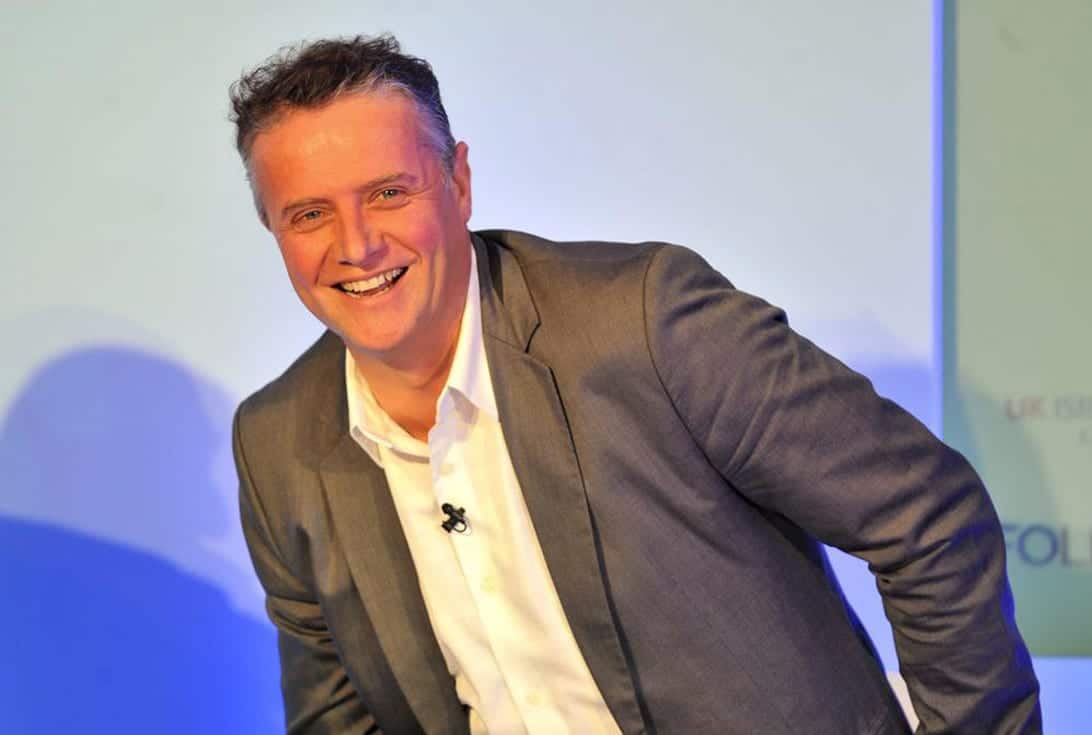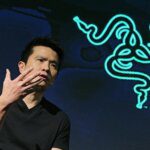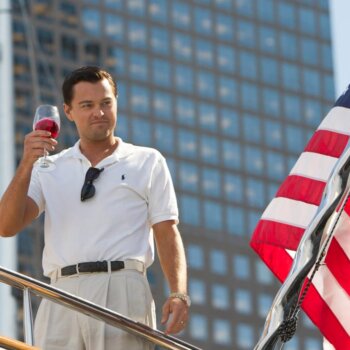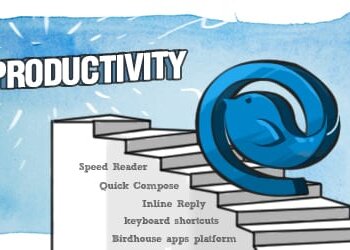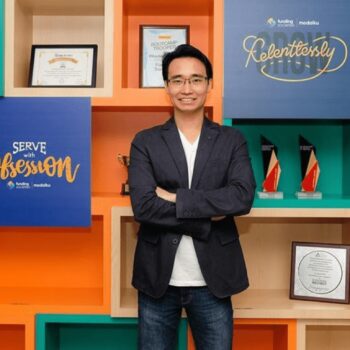Frank Meehan, co-founder and CEO of SmartUp.io is making learning faster, in our rapidly changing world.
What’s your story?
I’m the co-founder and CEO of SmartUp.io. In addition, I’m a partner at SparkLabs VC and Accelerator Group (www.sparklabsgroup.com) and blockchain fund, SparkChain Capital.
I grew up in Sydney, Australia and my first job was as a software coder and troubleshooter for Ericsson Mobile. Since then, I’ve lived in Sweden, Singapore, Hong Kong and London, where I am currently, with my family.
I’m focused on delivering an excellent product and experience to our SmartUp customers and I’m interested in making learning faster and more efficient in this rapidly changing world. I’m also passionate about saving our oceans.
What excites you most about your industry?
Globally, the corporate learning and development market is worth US$320 billion, and there is a perfect storm of disruption coming in, for learning management systems.
What’s your connection to Asia?
I’ve worked in Asia since 1998. First, I worked for Ericsson in Southeast Asia and then Hutchison Whampoa, before co-founding the SparkLabs Venture and Accelerator Group.
When I co-founded SmartUp.io, I focused the business on Asia Pacific, because it’s the centre of innovation in the corporate world and it’s driven by millennial workforces wanting effective microlearning.
Favourite city in Asia for business and why?
Singapore, by a long shot! It’s great for business, it’s innovative, efficient, multicultural and well-connected to the world. The government is also very focused on up-skilling the population in AI, robotics, data and tech.
What’s the best piece of advice you ever received?
Always hire people you would like to work for.
Who inspires you?
My 11-year-old son, my wife and my SmartUp team.
What have you just learnt recently that blew you away?
Each year, Coca-Cola makes 110 billion plastic bottles, that’s around 20% of all plastic bottles per annum. So, I started an online petition with some friends and convinced people to use biodegradable bottles instead.
A few weeks and many signatures later, Coca-Cola announced they were speeding up their move to biodegradable bottles. I’m not sure if the management saw our petition, but it’s nice to think we might have contributed to that move, even in a small way.
If you had your time again, what would you do differently?
I would have bought more real estate. I would have focussed more on family and friends.
How do you unwind?
I like to unwind with my son, making cool stuff with him or just doing things together. It’s the best!
Favourite Asian destination for relaxation? Why?
This is a tough one to answer because I love so many different places in Asia.
Everyone in business should read this book:
Only The Paranoid Survive by Andy Grove.
Shameless plug for your business:
Our clients are constantly marvelling at how SmartUp has transformed learning for their employees and organisations, and how we have made learning so easy and so addictive.
How can people connect with you?
E-mail me at [email protected], drop a note to my LinkedIn profile, or tweet me.
I usually keep Facebook for close friends and family, but there are loads of other ways to contact me.
Twitter handle?
frank_meehan
—
This interview is part of the ‘Callum Connect’ series of more than 500 interviews
Callum Laing is an entrepreneur and investor based in Singapore. He has previously started, built and sold half a dozen businesses and is now a Partner at Unity-Group Private Equity and Co-Founder of The Marketing Group PLC. He is the author two best selling books ‘Progressive Partnerships’ and ‘Agglomerate’.
Connect with Callum here:
twitter.com/laingcallum
linkedin.com/in/callumlaing
Download free copies of his books here: www.callumlaing.com
